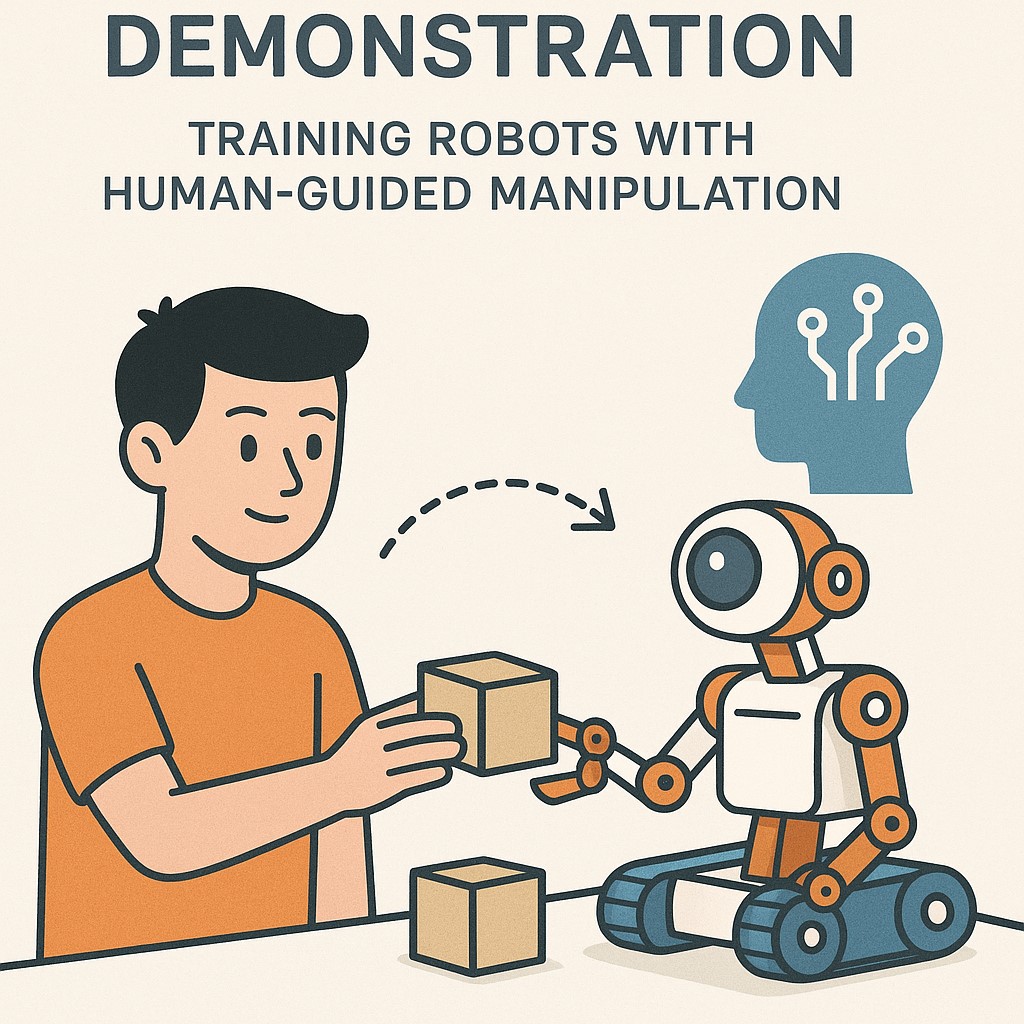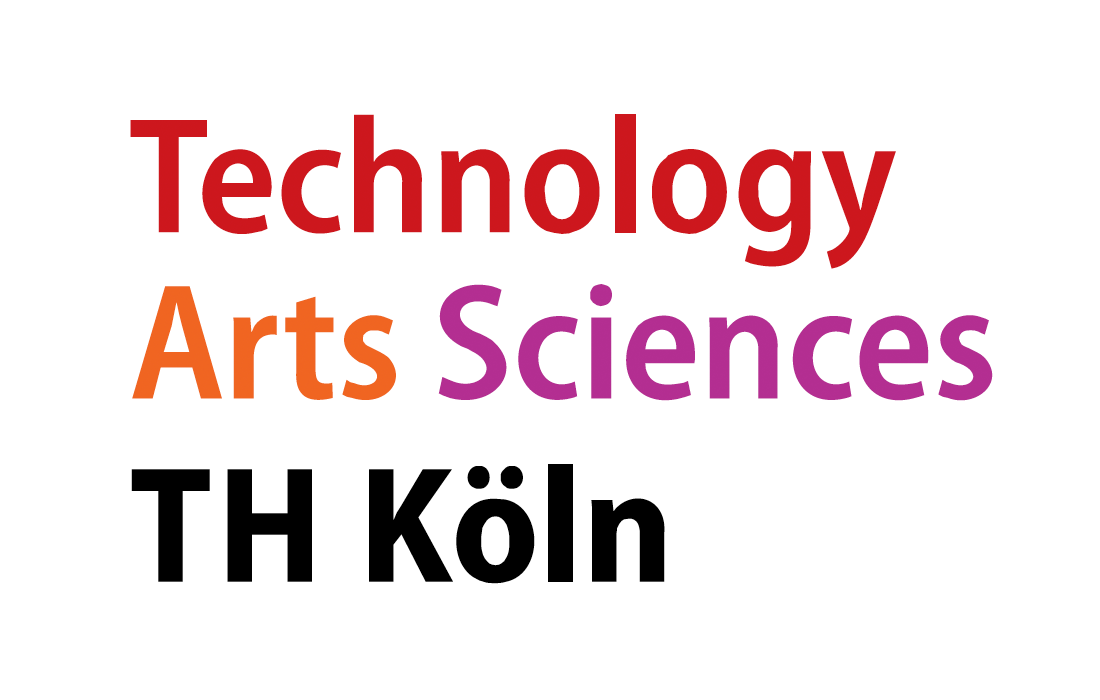
Problem Description
Automation through robotics plays a central role in numerous industrial and everyday applications. Traditional, rule-based control methods are increasingly reaching their limits, especially in unstructured or variable environments. Artificial intelligence (AI) enables robots to adapt to new situations, master complex tasks autonomously and interact more efficiently with their environment.
An important component of this development is the concept of reinforcement learning, in which robots independently learn optimal behaviors through repeated interaction with their environment. In this project, students are introduced to the practical application of AI in robotics by using an open-source small robot, the SO-100. Through the combination of hardware, pre-trained AI models and the opportunity to develop their own control policies, they learn how autonomous robots can act intelligently.
Project Definition
The project is divided into two main phases:
Understanding and testing a pre-trained policy:
Students implement a pre-trained control policy for the SO-100 robot. They test the policy and evaluate its performance in a given scenario.
Development of an own policy:
Students define their own scenario or task for the robot.
They train their own policy using reinforcement learning or another AI technique. The new policy is tested, optimized and compared with the pre-trained version.
The project includes both hardware and software components. The required 3D print files and instructions for assembling the SO-100 are available on GitHub (SO-ARM100). The LeRobot library provides pre-trained models and AI algorithms (LeRobot on GitHub).
Learning Outcome
Upon completion of the project, students will be able to
- Understand, implement and evaluate a pre-trained AI policy for a robot.
- Train their own AI model to control a robot.
- Gain practical experience with reinforcement learning and robot control.
- Assemble and calibrate an open-source robot independently.
- Develop a basic understanding of the integration of hardware, software and AI in robotic systems.
Participation Requirements
To participate in this project, students should have the following skills and abilities:
- Basic knowledge of programming, preferably in Python.
- Interest in robotics, artificial intelligence and reinforcement learning.
- Basic understanding of machine learning (an advantage, but not essential).
- Willingness to work with open source software and hardware.
This project offers an excellent opportunity to put theoretical knowledge into practice and gain valuable experience in the interdisciplinary world of robotics and AI.
External Partner
Innovation Hub Bergisches Rheinland

